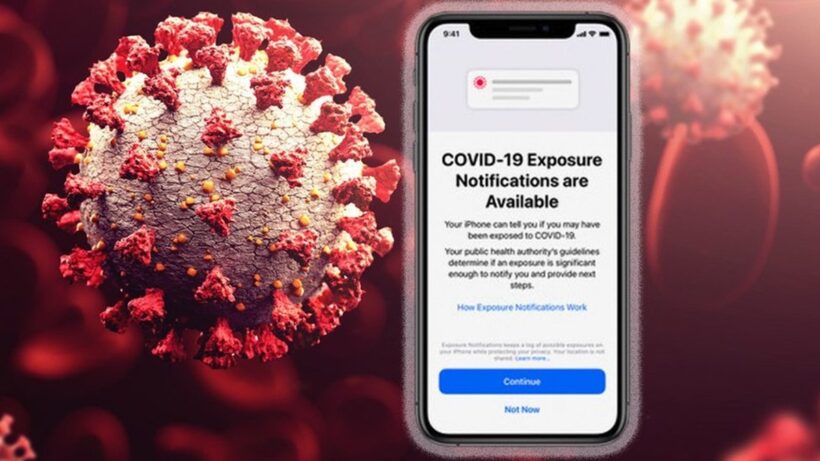As countries battle against the Covid-19 pandemic, tech companies, and developers have also started working on track and trace systems to assist governments and people in keeping the infection levels low. Smartphones are set to play a substantial role in helping to navigate our way out of the pandemic, as companies and countries around the world have begun to prepare and introduce theirs owns apps as a part of track and trace system in an attempt to curb Coronavirus.
As expected, Apple and Google have been on the frontline of developing this technology. What Apple and Google have developed is not an application itself but rather it’s an API (Application Programming Interface) in addition to other related fundamental technologies that other apps can plug into. Just as Google Maps API mobile tracker works so does the Covid-19 tracking tools.
At this initial development and try and testing stage, we don’t really know how many Coronavirus tracking apps that will be built on the Apple and Google technologies are going to work effectively but here’s how the apps are likely to function;
1. These applications are based on your choice of use, whether you want to download them or not it’s up to you and whether to enable the coronavirus tracking in your mobile. So if you’re someone who has contracted coronavirus then, you have a choice whether to alert people that you’ve been in close proximity with or not.
2. Now here the problem is many people can fake and pretend to have coronavirus maybe just for fun so to avoid such false positives, there will have to be some verification required at users’ end. This can be a kind of certificate from a health authority that your Covid-19 test has come positive so that people do not enter false and incorrect information. This may involve a verification code etc.
3. On the other hand, if you’ve been in contact with people who were suspected coronavirus patients, your phone will send you an SMS alert with the help phone tracker and the GPS system. However, you won’t be able to see their name who have marked themselves as positive or when and where it had happened but only a notification that will tell you that you’re now at risk and should probably get yourself checked and limit your social interactions. No personally identifiable information will be accessible to you by Apple and Google as part of their privacy and security policy.
4. In addition, many coronavirus apps work by using Bluetooth technology to identify when a user had a prolonged close contact for a minimum of 15 minutes and within the six feet distance with another person who is also a user of such an app. If one of the users later reports that they have been tested positive on the app, the logged contacts will all get the alert saying that they may have been the victim and should get themselves tested or isolated.
5. However, apps that are not independent and are based on Apple-Google technology will never receive information about other users. Apple and Google have said that such information access can only be granted to verified public health authorities and that their apps must meet specific criteria regarding privacy, data control, and security to qualify for such access and that is why many countries have decided to stay independent and go on their own way. Thus, the usefulness and effectiveness of such technology are yet to be discovered.
Laila Azzahra is a professional writer and blogger that loves to write about technology, business, entertainment, science, and health.
